Children who eat sugar become hyperactive.
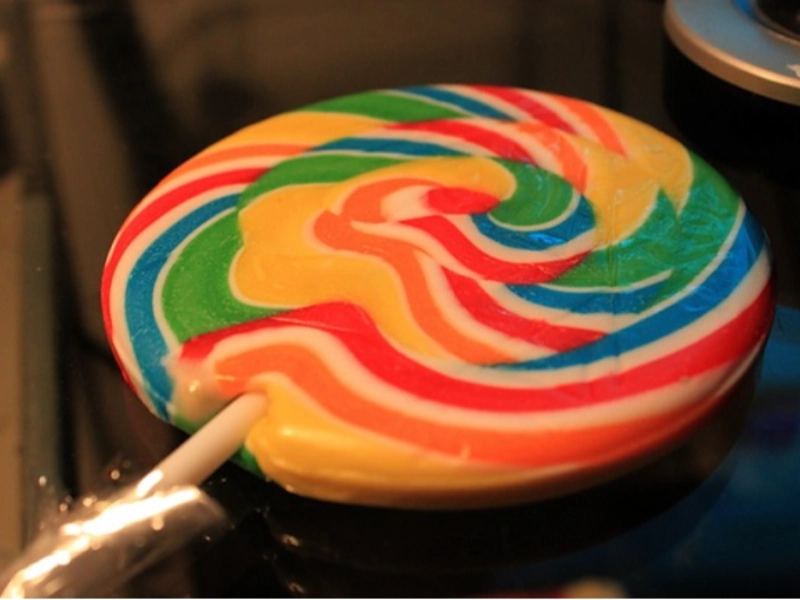
The belief that sugar causes hyperactivity in children is one of the most widely accepted parenting myths. It’s easy to see why this misconception persists—children often consume sugary treats at parties, holidays, or other exciting events, where their energy levels naturally seem to skyrocket. However, scientific studies have repeatedly shown no direct link between sugar consumption and hyperactive behavior. In fact, a 1994 study published in the Journal of the American Medical Association found that sugar has no discernible effect on children’s behavior or cognitive performance. Instead, the so-called "sugar rush" is often a result of situational factors, such as the excitement of the environment or the placebo effect, where parents expect their children to act hyperactive after consuming sugar and interpret normal behavior as such. While sugar doesn’t inherently cause hyperactivity, it’s still important to monitor sugar intake for other health reasons, such as preventing obesity, tooth decay, and diabetes. Understanding the true effects of sugar can help parents make informed decisions and avoid unnecessary blame on sweet treats for their children’s high energy levels.
Advertisement
Recommended Reading: 11 Giant Dogs Clueless About Their Size
You are viewing page 7 of this article. Please continue to page 8


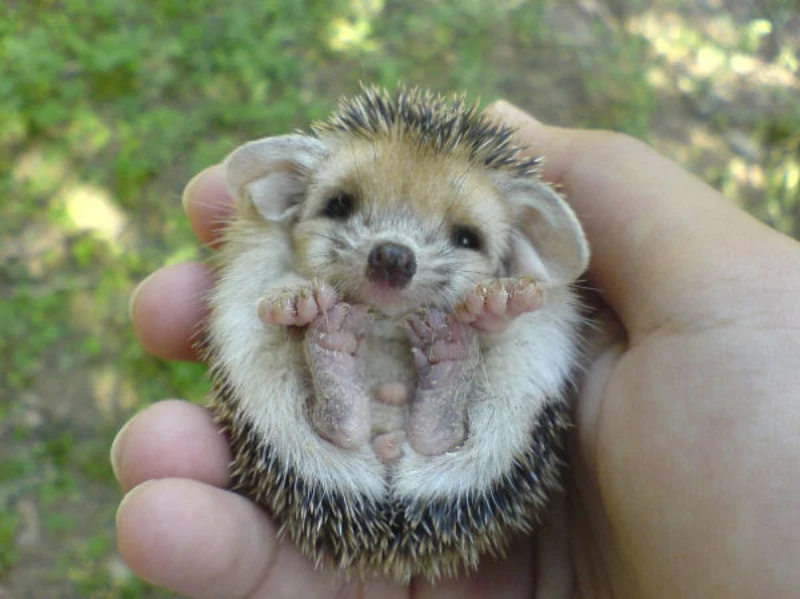
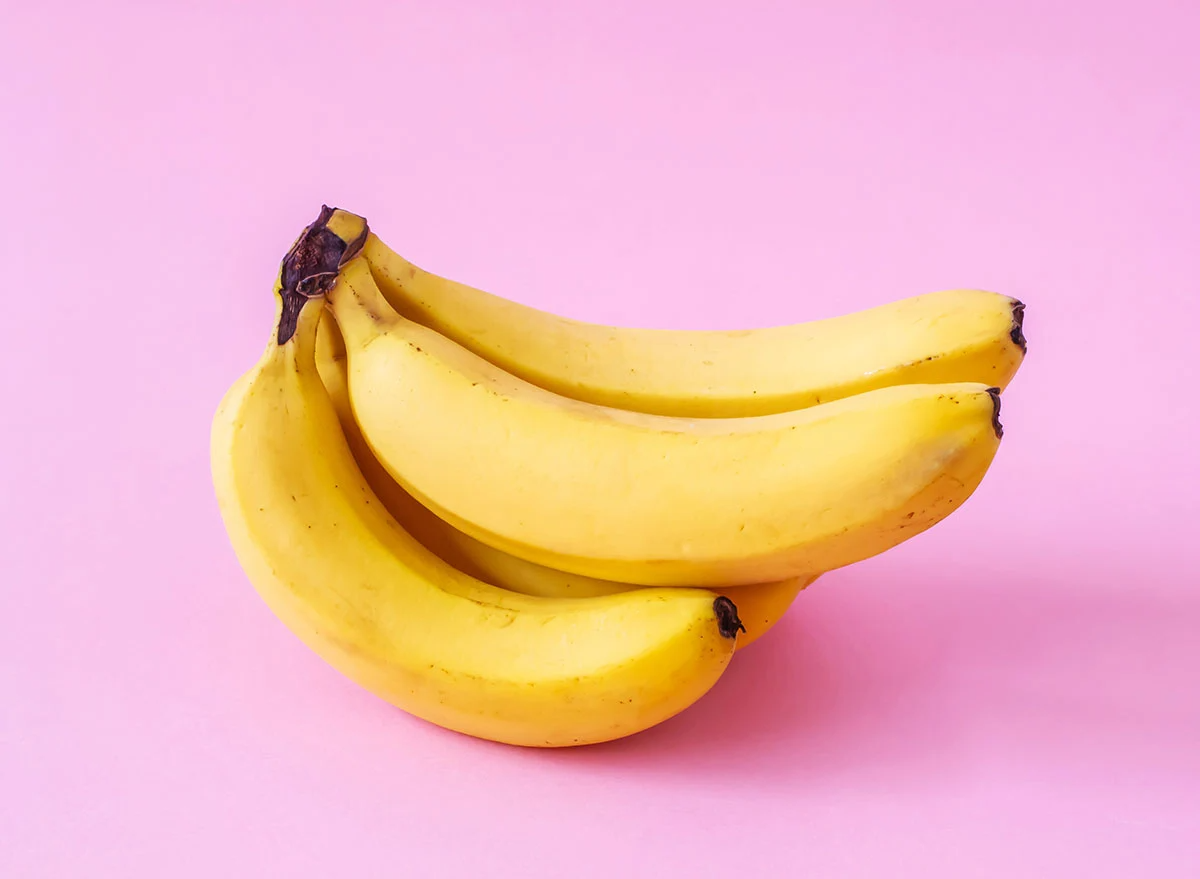


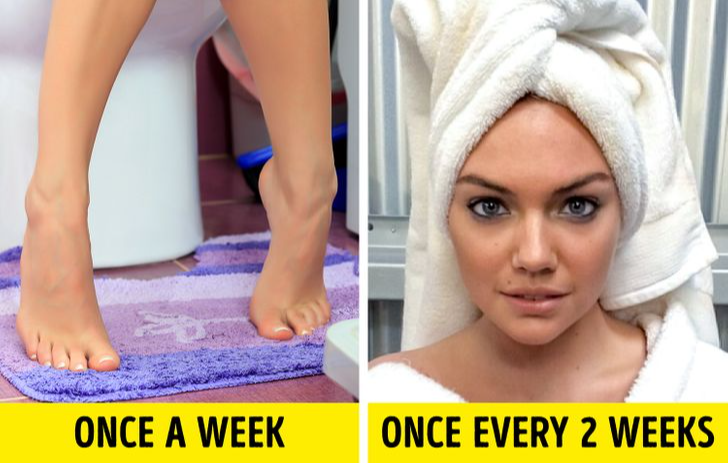

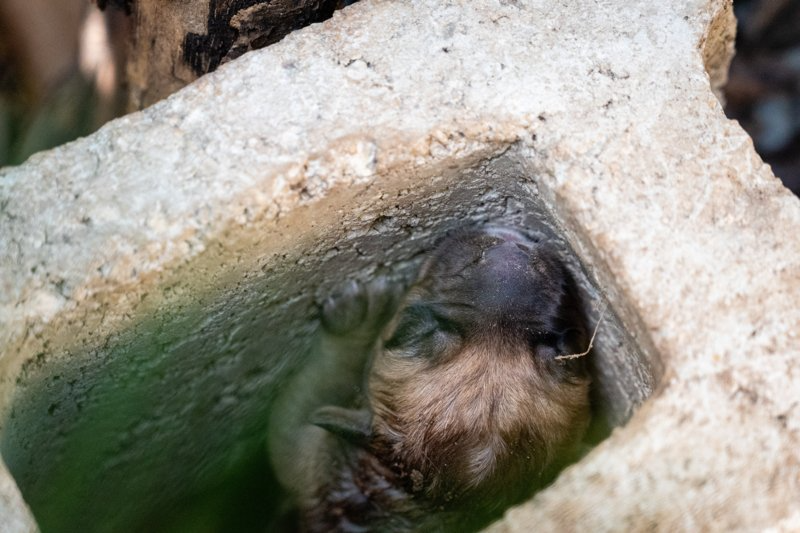









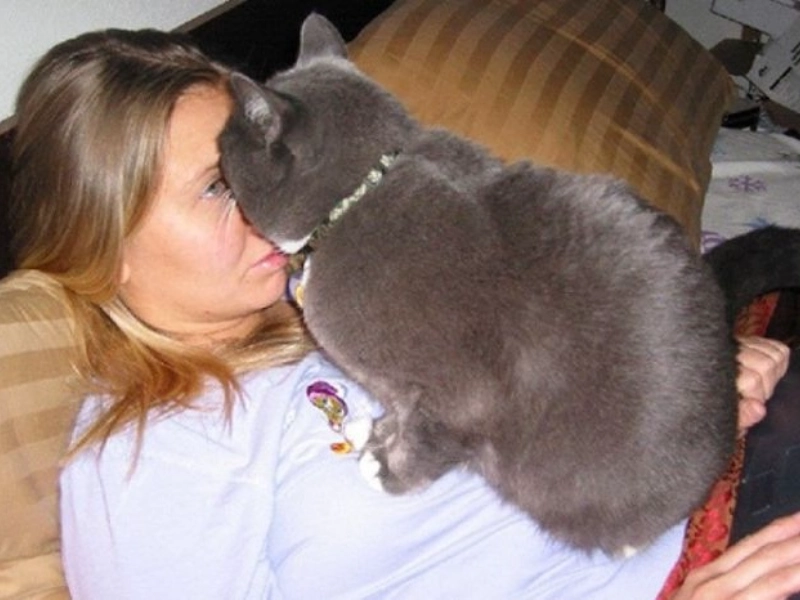



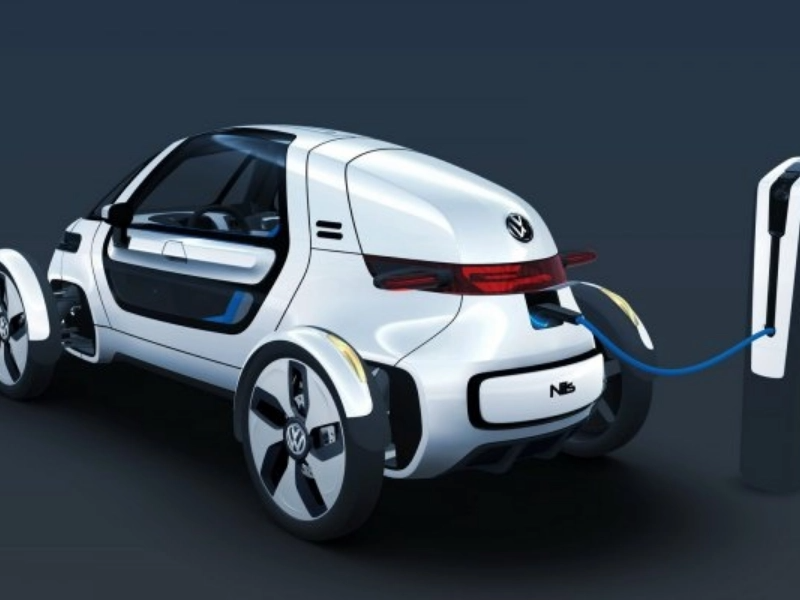
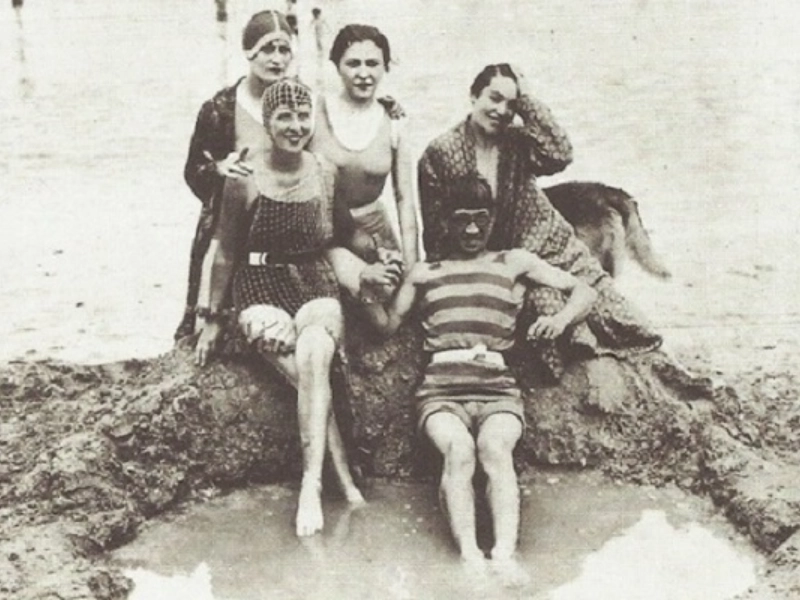
Coheres with reliability goals.
Clear logic. Any edge cases?
This resets priorities.
Polite to future maintainers.